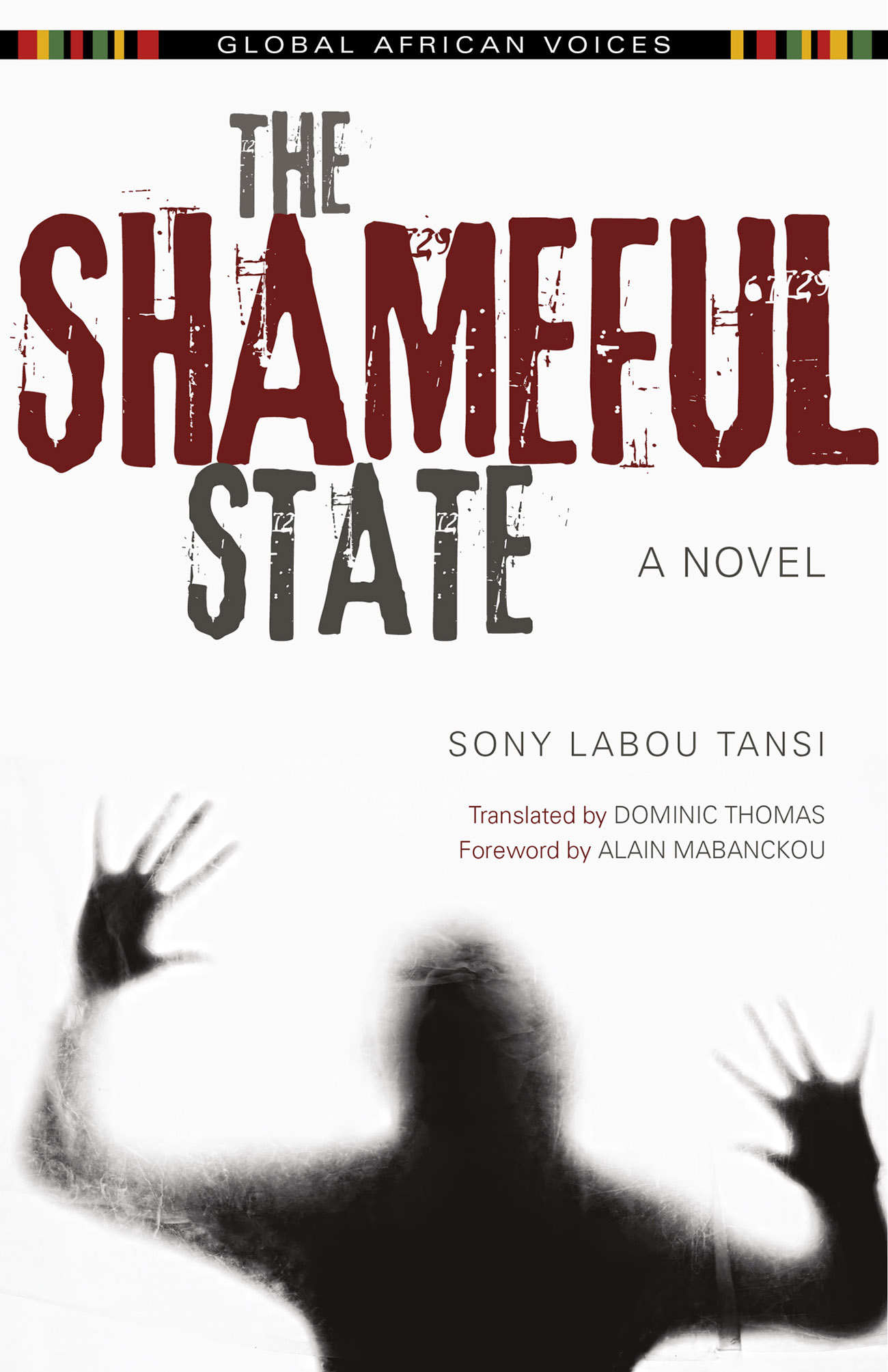
The Shameful State
Global African Voices
کتاب های مرتبط
- اطلاعات
- نقد و بررسی
- دیدگاه کاربران
نقد و بررسی

Starred review from March 18, 2013
Half-truth heightens dramatic irony in Mabanckou's award-winning novel as he explores the enormous gap between cultural expectations and realities within the Parisian world of African dandies. Traveling between Paris and his small African village carrying fashion, gifts, and money to rebuild his parents' home, Moki lives as sought-after royalty during his dry-season return trips; holding court, sorting out local complaints, and entertaining people with tales of his adventurous life in France, all while speaking "French French", the tongue of Maupassant. After telling his neighborâour narratorâMassala-Massala that he has the right face for Paris, Moki inadvertently convinces him to pursue the Parisian dream. But upon reaching France with Moki and being renamed Marcel Bonaventure, disillusionment sets in; he finds himself sleeping cramped on the eighth floor of an abandoned building and thwarting police in the marketplace. Mabanckou (Memoirs of a Porcupine) dazzles with technical dexterity and emotional depth; as our narrator tells us, "I ended up building a space deep in my heart that isn't enough for me." Vulnerability beckons in this masterful story about a world we always knew was too good to be true, yet reminds us that new skies appear and new seasons begin.

November 2, 2015
Acclaimed late Congolese writer Tansi explores the violence and corruption that has plagued many central African states in this dark and whimsical novel. Set in an unnamed country once colonized by Belgium, the story follows Colonel Martillimi Lopez through his 39 years as president. Under his command the nation falls into a shameful state, eventually leading Martillimi to consider giving up his rule and prompting members of his administration to resign en masse. Many of Martillimi’s eccentricities are often comical, but he is still a person who kills a cat for scratching him, and a narcissist who orders dancers to be murdered because they annoy him. He slaughters peaceful hunger strikers with the same force he uses to squelch rebel uprisings and rationalizes it by weighing his crimes against the atrocities committed by other fictional dictators. The names and brutalities described share resemblances to real totalitarian regimes, and this is a sobering reminder to readers that Martillimi might well be a lesser evil when compared to tyrants in modern history. Thomas’s translation vibrantly conveys the energy of Tansi’s prose. Perspectives switch rapidly among Martillimi’s point-of-view, nameless outside observers and victims, and a collective we embodying the voice of the nation. These shifts happen from one line to the next and in a single sentence. The effect is compelling and helps give a wider understanding. This book showcases Tansi’s incredible talent and his position, even in death, as one of Africa’s important voices.

February 1, 2013
A coming-of-age story of immigration and disillusionment that begins in post-colonial Congo. This first novel from Mabanckou (Memoirs of a Porcupine, 2012, etc.), published originally in 1998, received the Grand Prix Litteraire de l'Afrique Noire. Growing up in a small town in the Congo, Massala-Massala lives in the shadow not of France so much as France personified by those who return from there to his community. Moki is worldly, wealthy, stylish, successful and a physically present epitome of Paris. When he returns, the community is in a frenzy: Moki has supplied his family with two cars they use as taxis and funds to construct a villa. More important than actual wealth is Moki's style. Moki wears major labels, purportedly purchased in designer boutiques; these outfits, and how he wears them, make the man. During one visit, Moki agrees to accompany Massala-Massala to France, and a year is spent preparing. At the end of his next visit home, they leave together. The book's second half dwells on Massala-Massala's profound culture shock, on the truth of life as a "debarque," a newly arrived illegal immigrant. He learns that Moki is not who he appears to be; Moki's success is a beautiful illusion, assiduously cultivated as celebrity. In order to obtain his residency papers, Massala-Massala must undergo a sort of initiation: prove his value in the black market where Moki and his friends thrive. A novel of few surprises, it must be seen for what it is: the uneven debut novel of a significant author with a growing reputation.
COPYRIGHT(2013) Kirkus Reviews, ALL RIGHTS RESERVED.

























دیدگاه کاربران